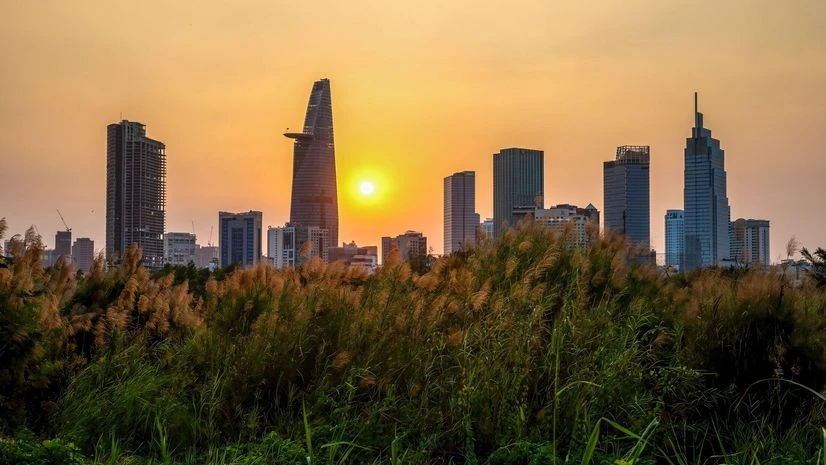Real estate leased by luxury companies in India stood at 0.60 million square feet (MSF) last year – 170 per cent higher than in 2022, said a report on Wednesday, attributing the trend to “skyrocketing awareness” about brands.
Demand for premium and luxury goods is increasing in the country due to a growing middle and upper class, said the report released jointly by real estate consultancy CBRE South Asia and the PHD Chamber of Commerce and Industry (PHDCCI). The internet and social media shape demand too, said ‘The Ascent of Indian 'Luxe RE' report.
"Constant exposure to luxury brands has skyrocketed awareness among these shoppers," it said. "This shift in consumer preferences is poised to reshape the retail landscape, transforming India into a crucial hub for global luxury brands."
The report was based on data from eight cities: Delhi-NCR, Mumbai, Bangalore, Kolkata, Pune, Ahmedabad, Chennai, and Hyderabad. Luxury brands high street stores the most. Out of the total, 0.3 MSF (45 per cent) was leased in the form of these stores -- doubling from 2022.
Malls were next, with a total space of 0.24 MSF leased, or 300 per cent higher than in 2022. Malls accounted for 40 per cent of the total luxury leasing.
The remaining 15 per cent share was held by standalone stores, where the leasing was 0.1 MSF, 200 per cent higher than in 2022.
Established luxury brands are “actively seeking” expansion opportunities in metro cities and pursuing larger space take-ups in existing locations.
More From This Section
Affluent consumers in Tier-II cities travel to the nearest Metro city for their luxury shopping. This has prompted luxury brands to look beyond the top-tier metro cities and open stores in places such as Chandigarh and Ahmedabad.

"India's reputation as a sought-after tourist destination and increasing international exposure have significantly influenced the demand for luxury retail. The luxury sector, which saw a significant increase in leasing in 2023, shows a promising trend with the entry and expansion of international brands," said Anshuman Magazine, chairman and chief executive officer (Southeast Asia, West Asia, and Africa) at CBRE.
"This positive momentum is expected to continue, aligning with our anticipation for a similar trend in the years ahead."
Luxury brand retailers are expected to increase the use of augmented reality and artificial intelligence to assist customers at stores and online. "This tech-powered approach is expected to grant luxury brands a significant edge over generic online marketplaces, ensuring a consistent and captivating customer experience across all touch points," the report said.
Brands will continue improving the in-store experience of customers. "By creating a lasting impression, these stores will likely empower customers to become brand ambassadors, sharing their experiences on social media and helping to expand the brand's reach. Physical stores not only provide a powerful platform to showcase product lines but also help the brands cultivate a distinctive image," said Bimal Sharma, executive director and head (Retail) at CBRE India.
"As the sector continues to embrace innovation and disruptive technological interventions, it ushers in a significant shift in customer and investor experience and most importantly we will witness developers embarking on creating sustainable buildings using technology," said Sanjeev Agrawal, president at PHDCCI.

)
